Hi Everyone,
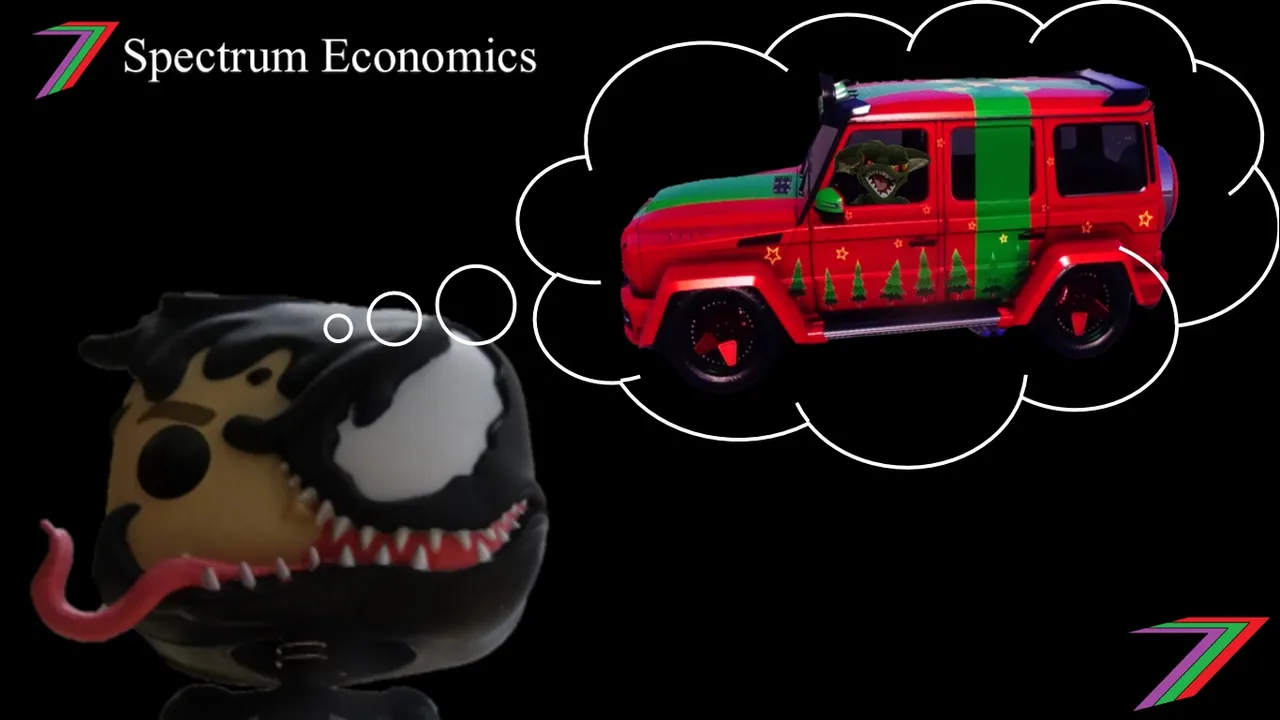
I believe it is important to go back and reflect on past decisions. We all make many decisions on a daily basis. It is not possible to reflect on all or even most of these decisions. Most of the time we do not feel we need to reflect on them because the outcomes of these decisions, to the best of our knowledge, are inconsequential. Most of the time we believe we know which decisions are going to be the most important. These decisions tend to be ones we make only a few times in a lifetime. However, there are also decisions that we make on a daily basis that affect us more than we think; these types of decisions lead to patterns of behaviour and decision-making.
So when should we reflect on our past decisions?
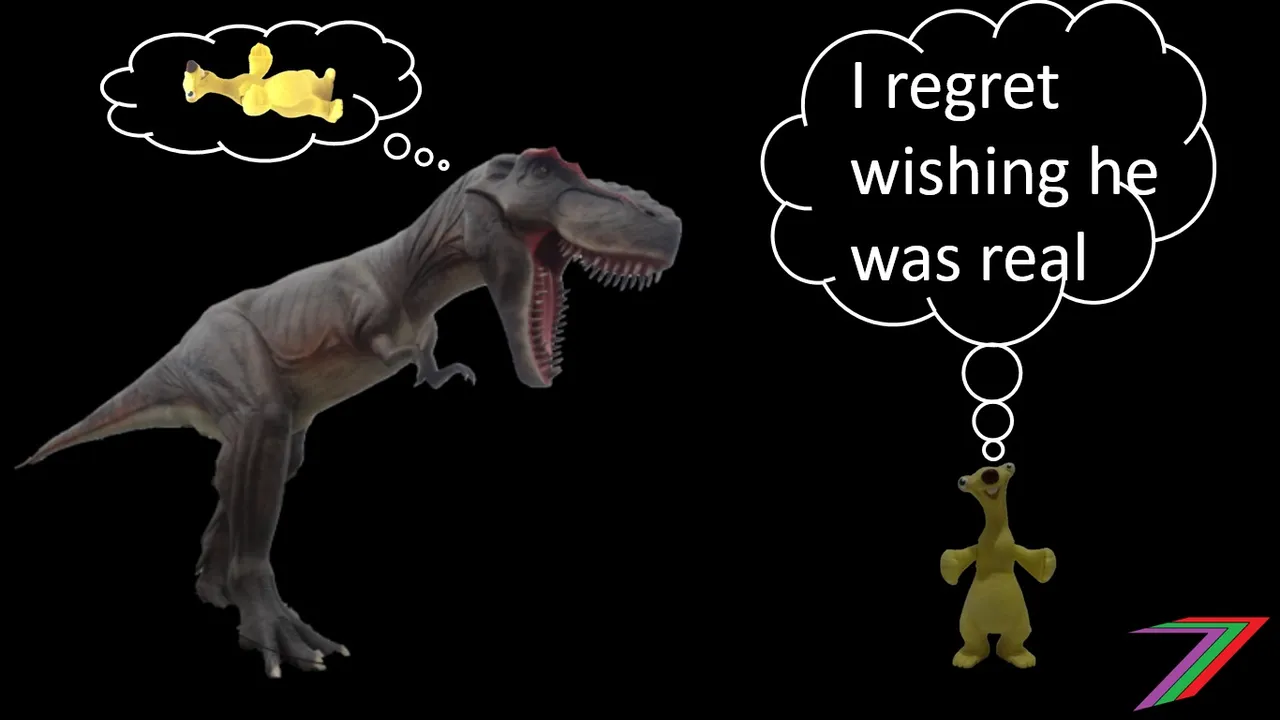
I think most people reflect on decisions when things do not go well or according to plan. It is an exercise used to establish what went wrong and what could have been done differently. When a decision leads to an unfavourable outcome, does that mean a bad decision has been made? I think the intuitive answer is ‘yes’ but that might not necessarily be the case. All other possibilities could have also resulted in unfavourable outcomes. Even if the other possibilities could have provided a more favourable outcome, it does not necessarily mean a bad decision was made. The choice we made could have been effected by circumstances, which could not have been foreseen or considered too unlikely to consider seriously.
Looking back on a decision has the benefit of hindsight. For example, if we are asked to predict a number to be rolled on a 6-sided dice. If we choose 4, and 5 was rolled, we could argue we should have chosen 5. This is not a good argument as all 6 numbers have equal probability. Selecting 5 is only a good decision because we have the benefit of hindsight. When evaluating a past decision, we should consider the information we knew at the time. What if we were in that same situation again, what would we do differently, if anything?
What makes a decision a bad decision?

Judging a decision based purely on the outcome is not a great way of assessing it. We live in a world with many unknowns. A decision is better judged based on the information available at the time. Therefore, it is only fair to exclude all information that could not have been known at the time of the decision. However, it is still important to review our approach to risk. It is possible the unexpected occurred because we did not adequately prepare ourselves to respond to them. Ultimately, we should be reviewing past decisions so that we can make better decisions in the future where we will also be facing the unknown.
Alternative courses of action should also be factored into gauging whether we made a bad decision. We will not always be in a position where we have options available to achieve our desired outcomes in exactly the way we want them. We may have a problem of unreasonably high expectations rather than poor decision-making.
Defining a bad decision

If a bad decision is not necessarily a decision that reaches an unfavourable outcome, how can we define a bad decision? I would define a bad decision as a decision that does not put you in a good position to achieve the outcome you want. Someone might have bet his or her life savings on a horse that had a hundred to one chance of winning and that horse happened to win. I would consider this as a bad decision even though the outcome was very positive. This fortunate outcome is likely to lead to other decisions along similar lines and the outcomes of these decisions are likely to be very unfavourable.
Simple exercise
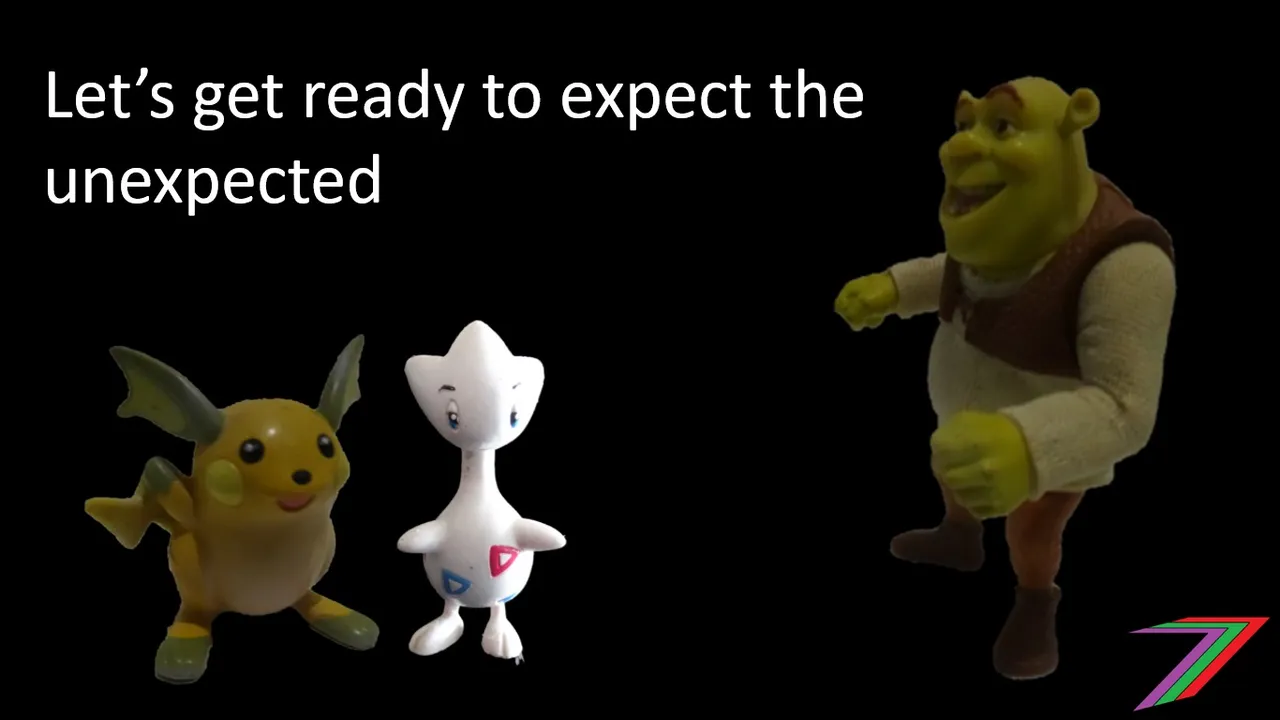
I have devised a simple exercise. This exercise contains the options available and the outcomes of these options. In life, we do not have the benefit of knowing exactly what will happen. However, we can make manage risk, we can access some of the possible events that could occur and we can determine if anything is likely or serious enough to consider addressing.
Scenario

You want to get to an important work event at 1 PM tomorrow. You are located 40 km from this event. The train will normally take you 2 hours. Trains are reliable. Only 1 in 100 trains are delayed by 10 minutes and only 1 in 1,000 trains are delayed by more than 30 minutes. The car will normally take 1 hour to reach the event location. Parking is difficult; this could take you another 30 minutes. Traffic congestion is infrequent (i.e. about 2% of the time). When there is congestion, you are likely to be delayed between 1 and 2 hours. A taxi will take as long as a car but you will not be delayed with parking. Taxis rarely show up late (5% of the time) and they are not more than 10 minutes late.
A train will cost you $10 for a return ticket. The car will cost you $2 in fuel and $15 for parking. The taxi will cost you $150. A room at the hotel next door to the event will cost you $120.
The options you are considering are as follows:
A) Take the 11 AM train
B) Take the 10 AM train
C) Take the 9 AM train
D) Drive to the event leaving your location at 11:30 AM
E) Drive to the event leaving your location at 11:00 AM
F) Drive to the event leaving your location at 10:30 AM
G) Drive to the event leaving your location at 10:00 AM
H) Get a taxi leaving your location at 12:00 AM
I) Get a taxi leaving your location at 11:30 AM
J) Get a taxi leaving your location at 11:00 AM
K) Drive up the day before and stay at the hotel next door to the event
L) Don’t bother going. Instead, visit your Uncle Wallace in hospital
What actually happened on the day
The 9 AM train arrived at the station next to the event at 11 AM. The 10 AM train broke down, the passengers got on the 12 noon train as the 11 am train was full; this train arrived at 2 PM. The 11 AM train arrived at the station next to the event at 12:50 PM. There was no congestion on the roads. Any trip by car or taxi would take 50 minutes. There was a superhero convention being held two blocks away from the event. The superhero convention started at 8 AM and ended at 8 PM. The convention did not have sufficient parking. This would cause over an hour delay instead of 30 minutes to find a space and return to the event. The convention was not widely advertised. Your Uncle Wallace won the lottery.
What decisions do you consider bad? Does the benefit of hindsight affect the decision you would have made?
Patterns of behaviour
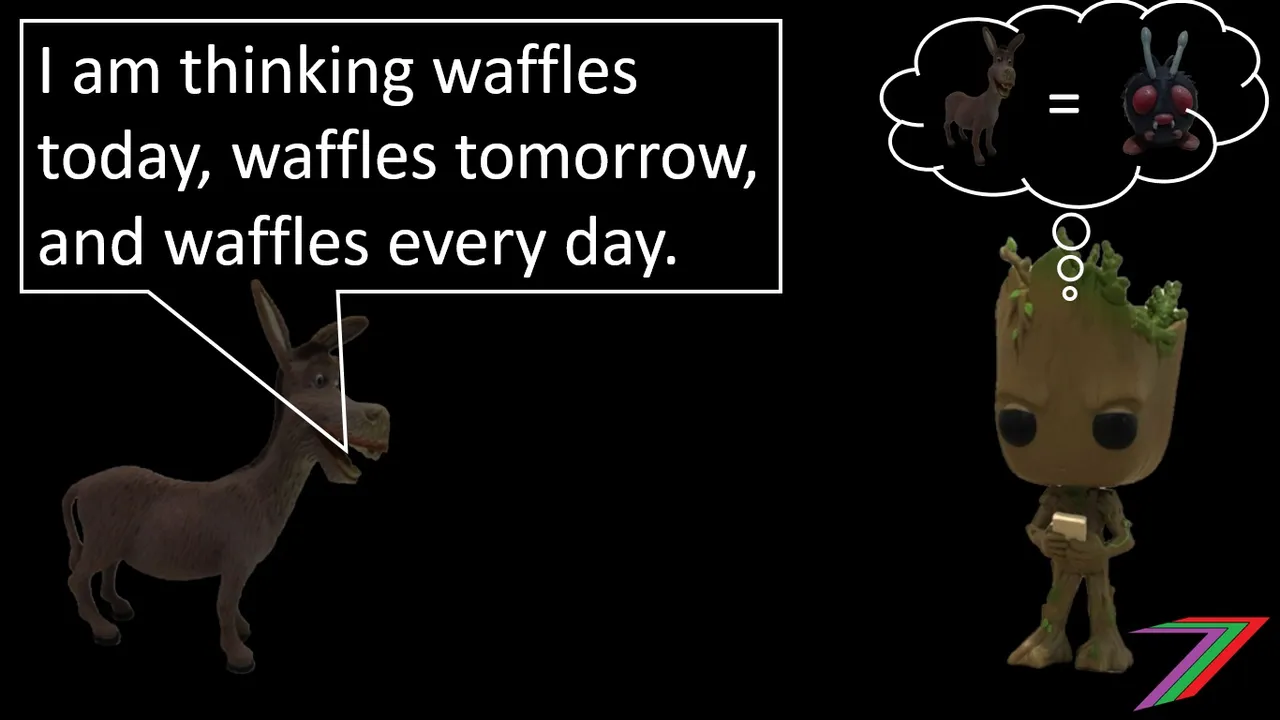
Sometimes it is not the individual decisions but instead, it is the pattern of decision-making that we follow that most affects our lives. I believe it is important to understand our own pattern of decision-making. Is this pattern actually getting us closer to our desired outcomes or is it gradually pushing us further away. For example, do we let the amount of money available dictate our decisions or do we have a plan that is goal focused which wavers very little with changes in income flow. I have observed people who change their lifestyle when more money becomes available to them. This often results in them still living from paycheck-to-paycheck even though they could be saving money. When less money is available, it is very difficult to adjust to a lower cost lifestyle. Some people prefer to borrow money to maintain a particular lifestyle. In this case, we have a pattern of behaviour that has resulted in debt rather than any one particular decision.
Patterns of behaviour are often not reflected upon as much as individual decisions. Patterns of behaviour do not standout as something that has greatly affected us, as they cannot be linked directly to a particular event. Sometimes the individual bad decisions we make are a result of a pattern of behaviour and/or decision-making. We might be better off looking at why we thought such decisions were good at the time. It might be worth considering other decision that we made which also could have been bad but did not come with unfavourable consequences that clearly signalled that decision to be bad.
Reflecting on decisions that produced favourable outcomes

As I mentioned earlier in the post, not all decision that result in favourable outcomes are good decisions (based on my definitions of good and bad decisions). For example, betting your lifesaving on a winning horse. If this is a good decision, repeating the decision under the same circumstances should also be a good decision. If it is not, then we should not call it or think of it as a good decision.
In many cases, a favourable outcome will be the result of a good decision. For example, you invested time and money into something that adds real value and doing so brings you closer to a particular goal. Eventually you reach this goal and you have discovered your own formula for success. Reflecting on how you achieved this success can help you to achieve success more consistently in other areas of your life. Even if you have made good decisions, it is still possible that they could be improved further.
Short-run vs. long-run
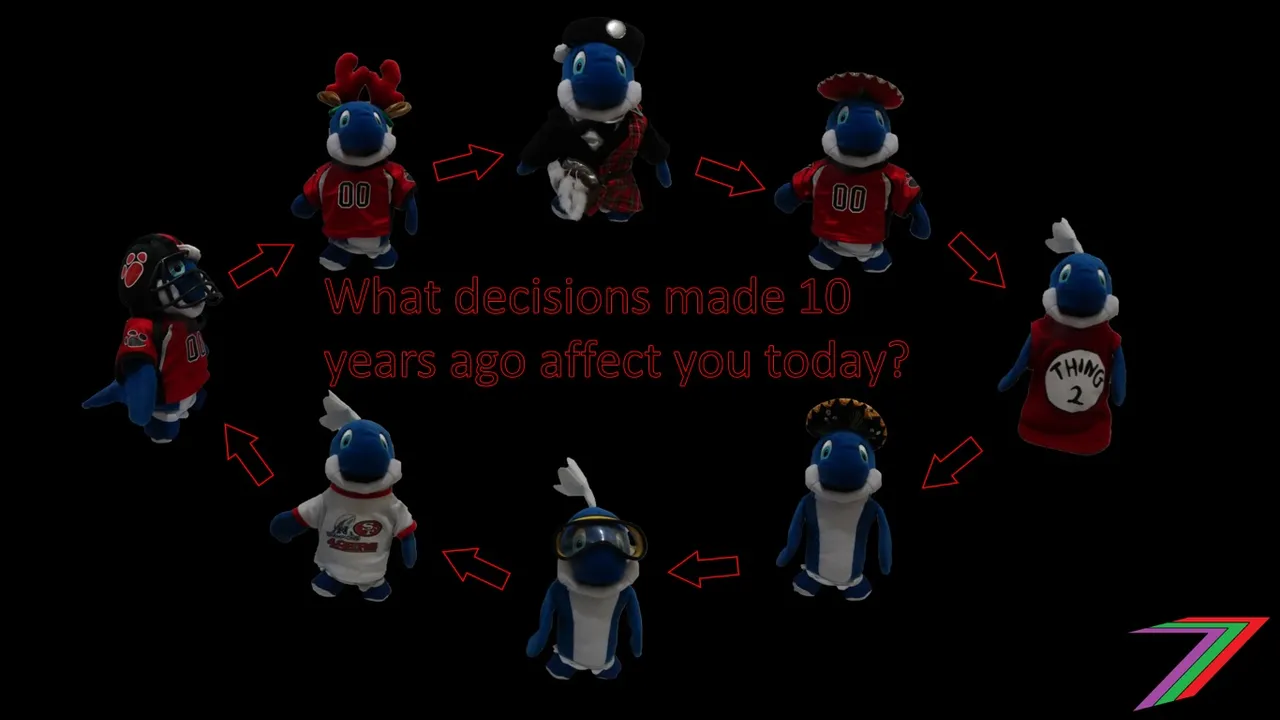
The decisions we make can affect the short-run, the long-run or both. From experience, most decisions, even the ones we consider important, affect mostly the short-run. As time elapses, the effect of the outcomes from decisions appear to diminish. Patterns of decision-making are more likely to have a long-run effect as these decisions continue to be ongoing. Whatever we may learn from decisions, we can bring with us and therefore affect both the short-run and the long-run. Hence, reflecting on our past decisions could be the decision that actually has the greatest effect on our lives.
Conclusion
I believe reflecting on past decisions is important to help us learn from our mistakes as well as what we have done right. Reflection should be used as an exercise to help us make better decisions in the future. These should be decisions that give us the best chance of success. Decisions that have achieved a favourable outcome can be misleading, as the outcome may not be achieved through good decision-making but just luck. Likewise, unfavourable outcomes could be because of misfortune or unforeseen circumstances. It is important to understand when we achieved favourable results from good decisions and when we have just been lucky.

This may not appear like one of my more typical economics posts but there are elements of economics sprinkled throughout the post. My prescribed approach to decision-making is closely linked to efficiency, bounded rationality, and risk management. Efficiency is a core topic in economics. Bounded rationality is covered in economics and closely related to decision-making under conditions of imperfect information. Risk management spans across many disciplines, which includes finance, accounting, economics, management and even engineering.
More posts
If you want to read any of my other posts, you can click on the links below. These links will lead you to posts containing my collection of works. These posts will be updated frequently.



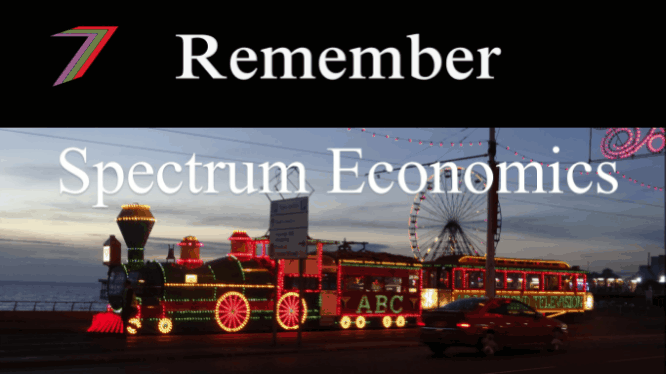
Steem - The Future of DApps




